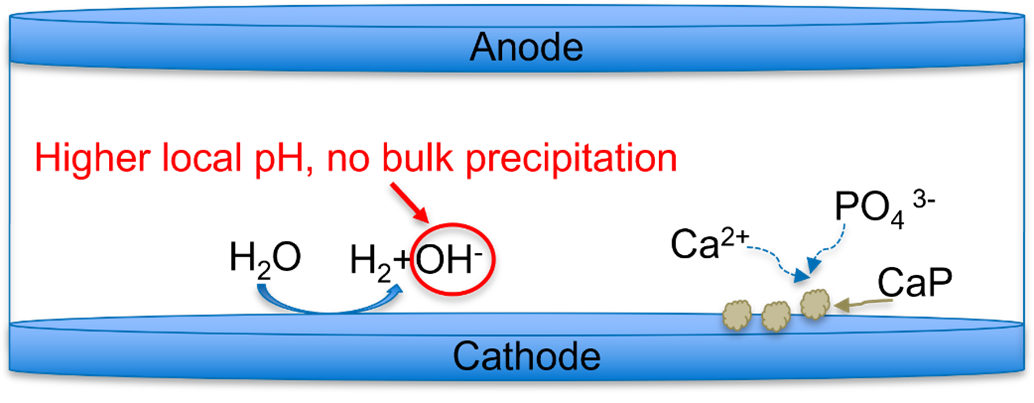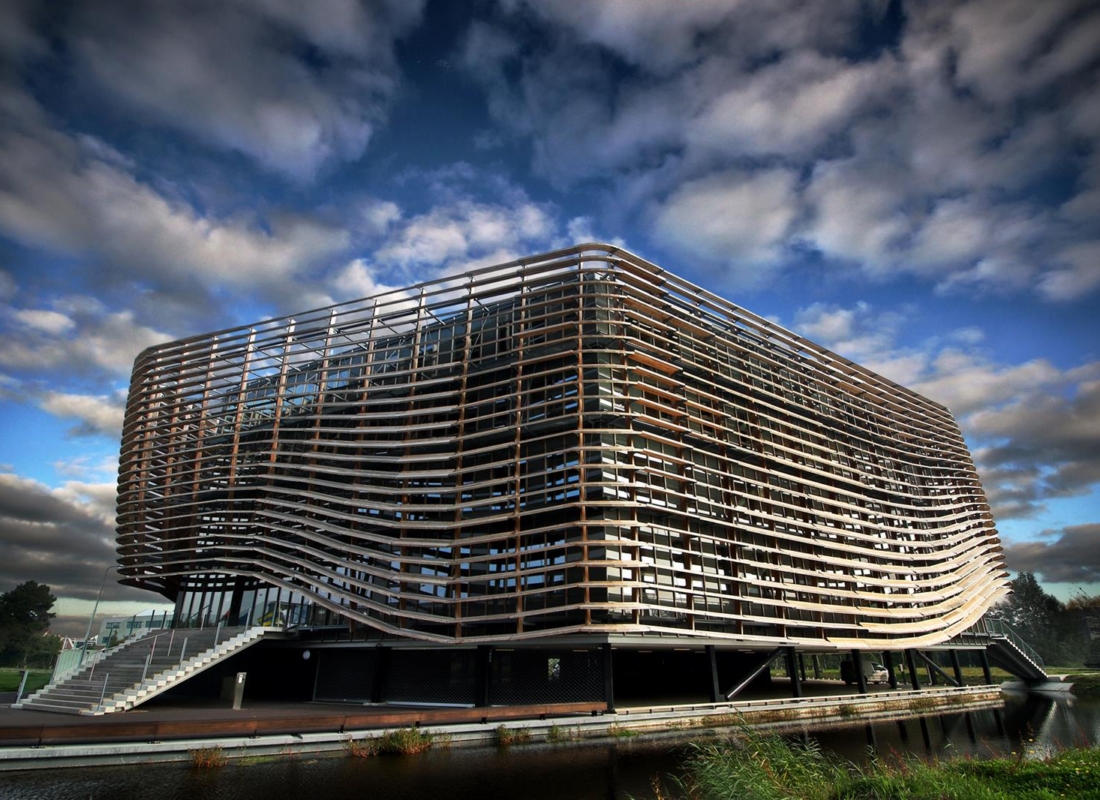Type of project: Internship
Duration: minimum 3 months (preferably 6 months)
Start date: February, 2025
Location: Wetsus, European centre of excellence for sustainable water technology, Leeuwarden
There are a few possibilities for allowances:
– The allowance for students is €200. The student can apply for ‘Wetsus Grant’ allowance (€200 extra; an internal committee decides if the allowance will be granted).
– Students can apply for Erasmus; (if the Erasmus grant is less than €400, the student can apply for the Wetsus Grant).
*The Wetsus Grant allowance is not guaranteed and must be approved by the Grant Committee.
Background:
Phosphorus (P) is an essential nutrient mainly extracted from phosphate rock. Unfortunately, phosphate rock is a finite and non-renewable resource. Furthermore, the European Union (EU) does not have easily accessible and significant P reserves. For this reason, phosphate rock was declared a critical raw material in 2014. In addition, P is also an important pollutant. It is, therefore, necessary to establish the P circular economy to address the above issues.
Project description:
This project aims to scale up electrochemical phosphate recovery, a novel technology that allows phosphate to be removed and recovered from certain types of wastewater. This is possible thanks to the local alkaline environment created by the hydrogen evolution reaction. Although the feasibility of this technology has been demonstrated, some challenges need to be overcome to scale up the reactor. A scaled up version of the reactor has been build but need to be tested and perhaps optimizations are required. This project aims to understand how operating conditions can affect cell performance, recovery efficiency and the quality of the product obtained from industrial wastewater treatment.
Your task will be to operate the electrochemical cell, understand the characteristics of the deposit obtained, analyse the wastewater, measure the phosphate concentrations during the operating time and finally estimate the removal efficiency and energy consumption of the rector using different operating conditions.

Requirements:
. Some knowledge of electrochemistry.
. Bachelor or Master’s student with a background in chemical engineering, chemistry, or environmental engineering/science.
. Fluent in English and good English writing skills
. EU citizen or non-EU citizen already enrolled in a Dutch university and living in the Netherlands
. Being motivated
Benefits:
. Work in an international and lively environment
. Work in an advanced laboratory with many facilities
. Possibility of having the Wetsus grant up to 400 euros (after evaluation)

How to Apply:
If you are interested in this exciting opportunity, please send an email to Ruben.Halfwerk@wetsus.nl or to Simona.Pruiti@Wetsus.nl to initiate contact. Ensure to attach an updated CV and provide a
detailed explanation of your interest in contributing to this project.